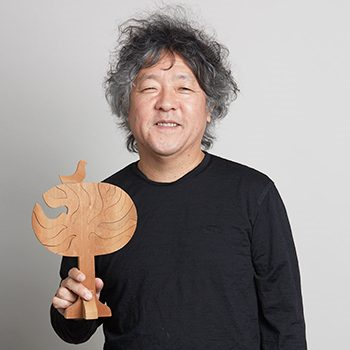Tokoro, Mario and Mogi, Ken
Creativity and the brain

私の最終目標は、意識が脳内の神経活動からどのように生まれてくるのかという問題の究明です。これは神経科学だけでなく、科学全体の究極の目標でもあります。研究対象はクオリア、自由意志、記憶、および経時性等ですが、その一環として脳の機能のさまざまな側面を詳しく見ていく必要があります。最近の人工知能の発展は、神経科学にとって興味深い新たな課題を提供してくれています。最新のAIモデルを使った評価関数の最適化から見えてくるのは、多面的で頑健な機能が脳において分散されているということです。脳がどのようにして個性を持ち、性格の5大因子(開放性、誠実性、外向性、協調性、および情緒安定性)を発達させるのかを解き明かすことは大変興味深いことだと考えています。私はエージェント間の相互作用の結果として人格が進化するゲーム理論的アプローチをとっています。このほか、感情、身体性、相互作用、愛着、およびオープンエンドプロセスとしての学習メカニズムについての研究も行っています。「生きがい」(ikigai)などの考え方が、健康習慣にどのように寄与するかについても探査しています。
Tokoro, Mario and Mogi, Ken
Creativity and the brain
E. Hoshino and K. Mogi
Multiple processes in two-dimensional visual statistical learningPLOS ONE | Vol.12, pages 1-15, February, 2017
T. Herai and K. Mogi
Perception of temporal duration affected by automatic and controlled movementsConsciousness and Cognition | Vol.29, pages 23-35, 2014
K. Mogi
Cognitive factors correlating with the metacognition of the phenomenal properties of experienceScientific Reports | Vol.3, pages 3354-3358, November, 2013
T. Sekine and K. Mogi
Distinct neural processes of bodily awareness in crossed fingers illusionVol.20, NeuroReport, 2009
A. Onzo and K. Mogi
Dynamics of betting behavior under flat reward conditionVol.15, pages 93-99, International Journal of Neural Systems, February, 2005
Artificial intelligence, human cognition, and conscious supremacy Journal : Frontiers in Psychology